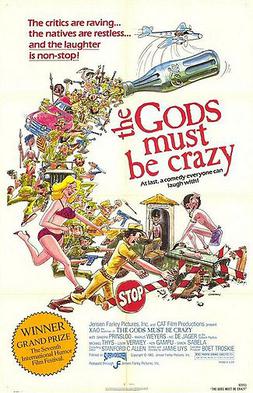I was looking through NPR which is, as clearly said in their About NPR section:
"NPR (National Public Radio) is an internationally acclaimed producer and distributor of noncommercial news, talk, and entertainment programming."
Reading through I found this interesting article under Race and it goes as follows:
---
Race
'Stuff White People Like' Hits a Nerve
Mac computer, bicyclist, recycling bin, sushi.
Favorite things? Above, #40, #61, #64 and #42 on Christian Lander's list of "Stuff White People Like." iStockPhoto; Getty Images
Talk of the Nation, February 26, 2008 · What do expensive sandwiches, co-ed sports, public radio and recycling have in common? According to blogger Christian Lander, they all fall under the category of "Stuff White People Like."
Just over a month old, the controversial and provocative blog has almost 4 million hits. Lander says he started the blog as pure satire and was surprised to see it take off as quickly as it did.
Critics charge that the list is racist, stereotypical, and conflates race with economic status. But Lander maintains that the blog is in the spirit of good, provocative fun: "Irony" is #50 on the list, "Having Black Friends" is #14, and Lander — who says almost everything he does is listed — plans to add "Self-Importance" soon."
You can read the LA Times for a different opinion: http://www.latimes.com/news/opinion/la-oe-rodriguez25feb25,0,1952462.column
----
As I skimmed through the website I could not help but laugh. I understood that it is all fun and satirical but in one interesting manner, I understood the origins of such conclusions.
For example: #73 Gentrification
(http://stuffwhitepeoplelike.wordpress.com/2008/02/22/73-gentrification/).
It reads as follows:
In general, white people love situations where they can’t lose. While this does account for the majority of their situations, perhaps the safest bet a white person can make is to buy a house in an up-and-coming neighborhood.
White people like to live in these neighborhoods because they get credibility and respect from other white people for living in a more “authentic” neighborhood where they are exposed to “true culture” every day. So whenever their friends mention their home in the suburbs or richer urban area, these people can say “oh, it’s so boring out there, so fake. In our neighborhood, things are just more real.” This superiority is important as white people jockey for position in their circle of friends.
They are like a modern day Lewis and Clark, except instead of searching for the ocean, they are searching for old properties to renovate.
In a few years, if more white people start moving in, these initial trailblazers will sell their property for triple what they paid and move into an ultramodern home.
Credibility or money, they can’t lose!
When one of these white people tell you where they live, you should say “whoa, it’s pretty rough down there. I don’t think I could live there.” This will make them feel even better about their credibility and status as neighborhood pioneers.
---
Not to say that this is true but this is what my aunt has been telling me for the past 4 years when speaking about my neighborhood, thus this is not such an alien idea to me.
http://stuffwhitepeoplelike.wordpress.com/full-list-of-stuff-white-people-like/









